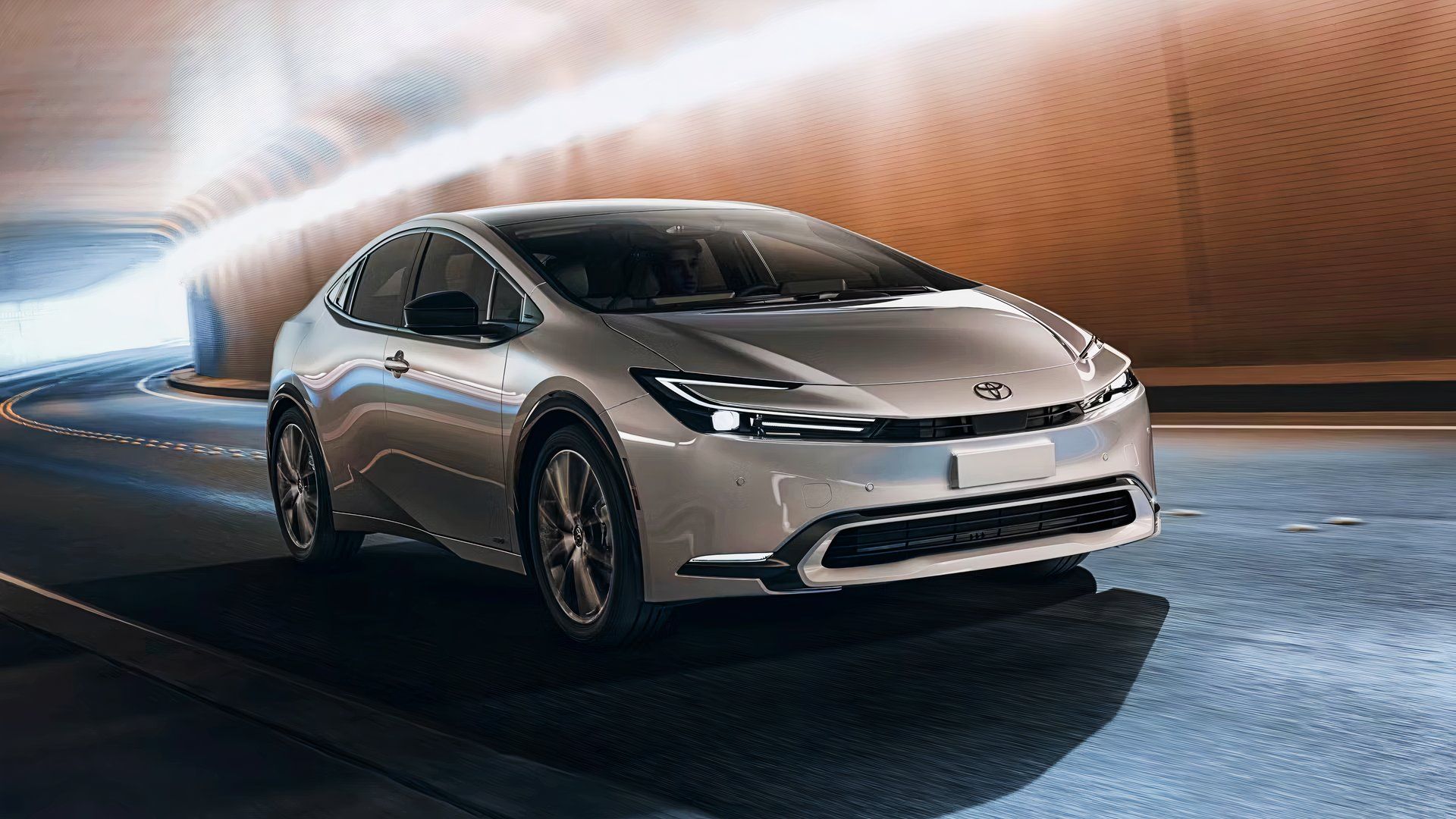The Rise of Hybrid Cars
As concerns about environmental sustainability and the need for energy-efficient transportation continue to grow, hybrid cars have gained significant popularity in recent years. Combining the benefits of traditional internal combustion engines with electric motors, hybrid vehicles offer a compelling solution by striking the perfect balance between fuel efficiency and performance. In this article, we will explore the key features, advantages, and considerations of hybrid cars.
Understanding Hybrid Technology
Hybrid cars employ a unique combination of an internal combustion engine and one or more electric motors. This hybrid technology allows the vehicle to run on gasoline, electricity, or a combination of both. The electric motor is powered by a rechargeable battery pack, which can be charged through regenerative braking or by plugging into an external power source. The internal combustion engine, on the other hand, provides additional power when needed, such as during high-speed driving or when the battery charge is low.
The integration of both power sources in a hybrid car provides several advantages. Firstly, it significantly improves fuel efficiency compared to conventional vehicles, as the electric motor assists the engine during acceleration and low-speed driving, where combustion engines are typically less efficient. Secondly, hybrid cars produce lower emissions, reducing their environmental impact and contributing to cleaner air quality. Lastly, hybrid technology enhances performance by delivering instant torque from the electric motor, resulting in smooth and responsive acceleration.
The Benefits of Hybrid Cars
1. Fuel Efficiency
One of the primary advantages of hybrid cars is their remarkable fuel efficiency. By relying on a combination of electric power and gasoline, these vehicles can achieve higher miles per gallon (MPG) ratings compared to traditional gasoline-powered counterparts. The electric motor assists the engine during low-demand situations, reducing the overall fuel consumption and saving drivers money at the pump.
2. Environmental Friendliness
Hybrid cars play a significant role in reducing greenhouse gas emissions and combating climate change. The electric motor's ability to operate independently or in conjunction with the engine allows for lower fuel consumption and reduced tailpipe emissions. Additionally, the regenerative braking system converts kinetic energy into electricity, further enhancing efficiency and minimizing waste.
3. Performance and Power
Contrary to common misconceptions, hybrid cars are not solely focused on fuel efficiency at the expense of performance. Thanks to the combined power of the electric motor and engine, hybrid vehicles can deliver impressive acceleration and power when needed. The instantaneous torque provided by the electric motor ensures a smooth and responsive driving experience, making hybrid cars suitable for both city commuting and long-distance travel.
4. Incentives and Cost Savings
Many countries and regions offer various incentives to encourage the adoption of hybrid vehicles. These incentives can include tax credits, rebates, or reduced registration fees. Furthermore, the lower fuel consumption of hybrid cars translates into long-term cost savings for drivers, offsetting the potentially higher upfront purchase price.
Considerations for Hybrid Car Ownership
While hybrid cars offer numerous advantages, there are a few considerations to keep in mind when considering hybrid car ownership.
1. Charging Infrastructure
Although hybrid cars do not solely rely on external charging stations like fully electric vehicles, having access to charging infrastructure can further enhance their benefits. It allows you to maximize the use of the electric motor and potentially extend the all-electric range, reducing fuel consumption even further.
2. Battery Life and Replacement
Hybrid cars utilize rechargeable battery packs to power the electric motor. While these batteries are designed to last for a considerable period, it's important to consider their lifespan and eventual replacement. Battery degradation over time may lead to reduced electric range and overall performance. However, advancements in battery technology have significantly improved the durability and longevity of hybrid car batteries.
3. Maintenance and Repair Costs
Hybrid cars have some unique components and systems that require specialized maintenance and repair expertise. It's essential to factor in the potential costs associated with servicing hybrid-specific components, such as the electric motor, battery, and regenerative braking system. However, it's worth noting that routine maintenance costs for hybrid cars are often similar to those of conventional vehicles.
4. Driving Experience and Adaptation
Hybrid cars may offer a slightly different driving experience compared to traditional gasoline-powered vehicles. The integration of the electric motor and engine requires some adaptation to optimize fuel efficiency and take advantage of the hybrid system's capabilities. Becoming familiar with features such as regenerative braking and understanding the different driving modes can enhance the overall driving experience.
Conclusion
Hybrid cars have emerged as a compelling choice for those seeking a balance between fuel efficiency and performance. By combining the benefits of electric power and traditional internal combustion engines, these vehicles offer improved fuel economy, reduced emissions, and enhanced performance. Understanding the technology, benefits, and considerations associated with hybrid cars can help individuals make informed decisions when it comes to sustainable and efficient transportation.
Whether you prioritize fuel savings, environmental friendliness, or an enjoyable driving experience, hybrid cars provide a practical solution that aligns with the growing demand for greener and more efficient transportation options.

Comments
Post a Comment